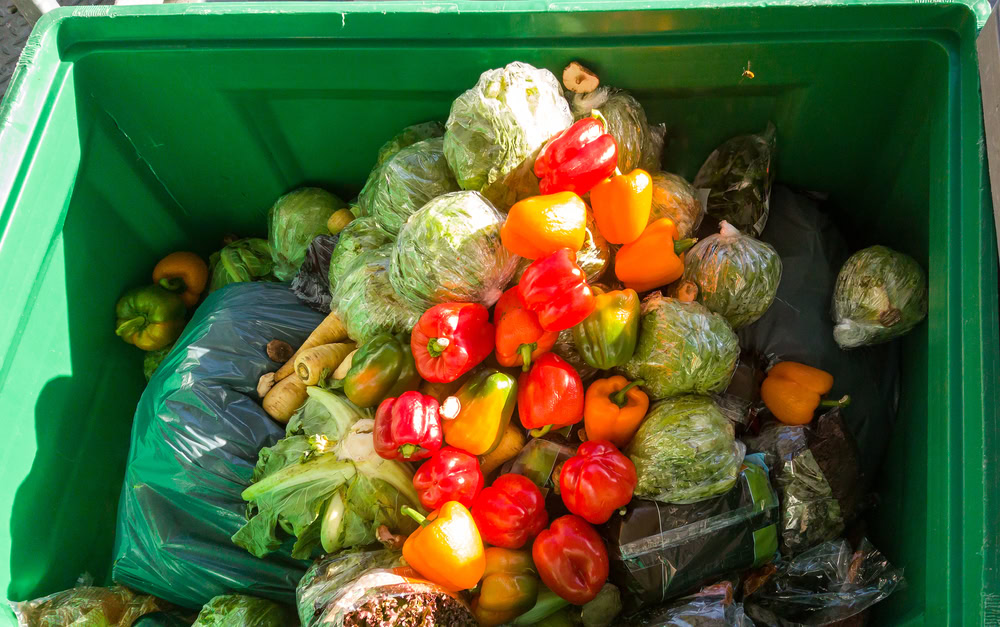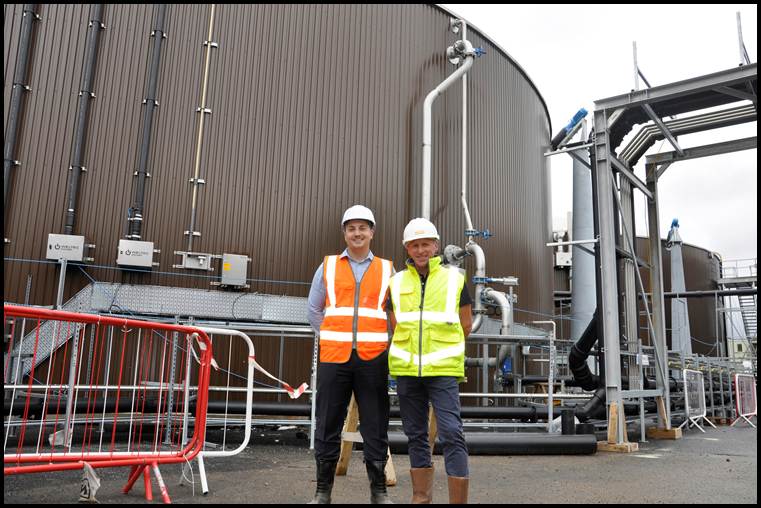Waste management firm Biffa has opened its first super anaerobic digestion plant with a 120,000 tonnes-a-year capacity facility at Cannock Chase in Staffordshire.
The plant, which the company claims is the largest of its kind in Europe, is intended to act as a flagship facility for a series of super AD facilities that the Birmingham-based company is hoping to develop in the near future.

Costing 24 million to develop, the Poplars anaerobic digestion (AD) plant is intended to mainly treat commercial and industrial food and organic waste from the likes of Sainsburys and Bakkavor.
Although, representatives of the company did reveal that it is seeking to discuss the potential for local authorities to use the plant as a treatment outlet.
At an open day held last week (June 17), Biffa showed council representatives, figures from the food processing and manufacturing sector and press around the site, which is adjacent to the Biffa-run Poplars landfill site.
Ian Wakelin, managing director of Biffa, said: This plant sits alongside the existing Poplars landfill site that we have here. And, it is effectively the first of many super AD plants large-scale plants to offer economies of scale and makes much more sense than a series of small plants dotted around the country.
Poplars
The Poplars AD plant has been in commissioning for the past six weeks and is expected to become fully operational by the end of July. Once it is fully up-and-running, the AD facility is expected to produce 6MW of renewable energy which will be diverted to the National Grid.
The development marks a major addition to the UKs AD network and is the largest AD plant for treating food waste to be built in the UK to date. The next largest is that being developed by Scottish and Southern Energy to treat 75,000 tonnes of material a year in Barkip, which is set to become fully operational later this month (see letsrecycle.com story).
Commenting on the role of AD in the Waste Review, Mr Wakelin said: I welcome the governments support and energy, pardon the pun, on food waste and AD, which got it a lot of high profile and important policy. It will be a relatively small part of the entire jigsaw but it is increasingly the right way to go.
And, Mr Wakelin added that the focus on so-called smelly waste, a term which received a great deal of prominence from government during the launch of the Waste Review (see letsrecycle.com story), was absolutely the right way to go.
The plant was built by a consortium of civil engineering firm GTM and AD technology firm Ros Roca Envirotec.







Subscribe for free